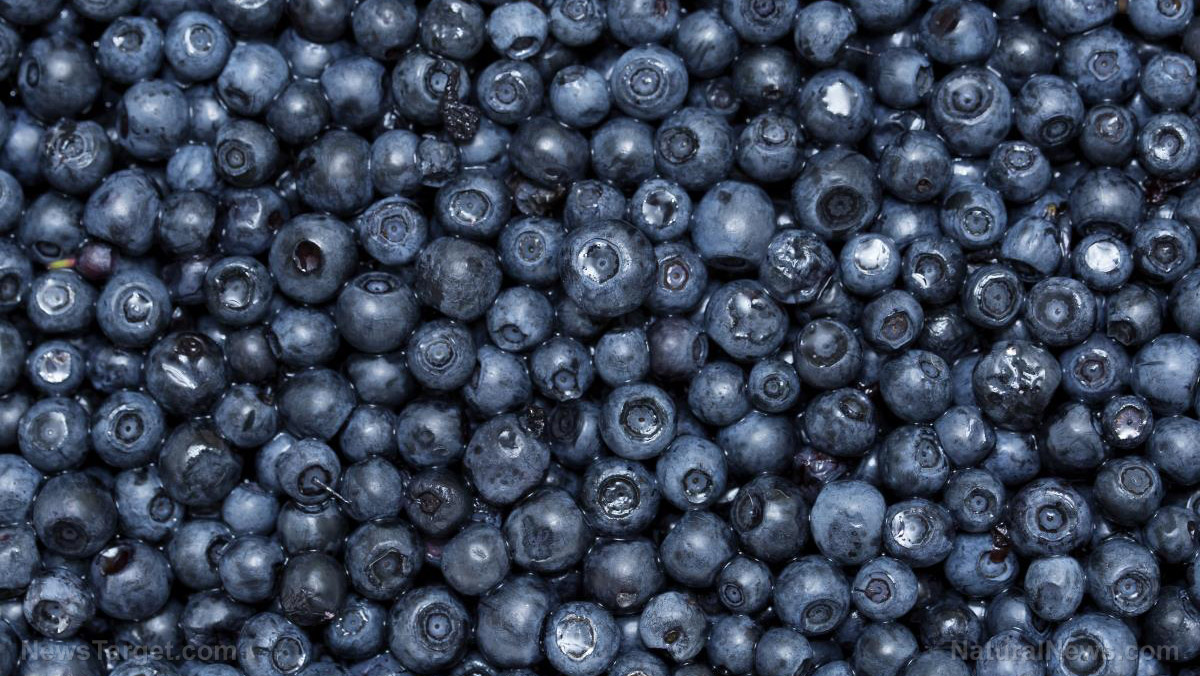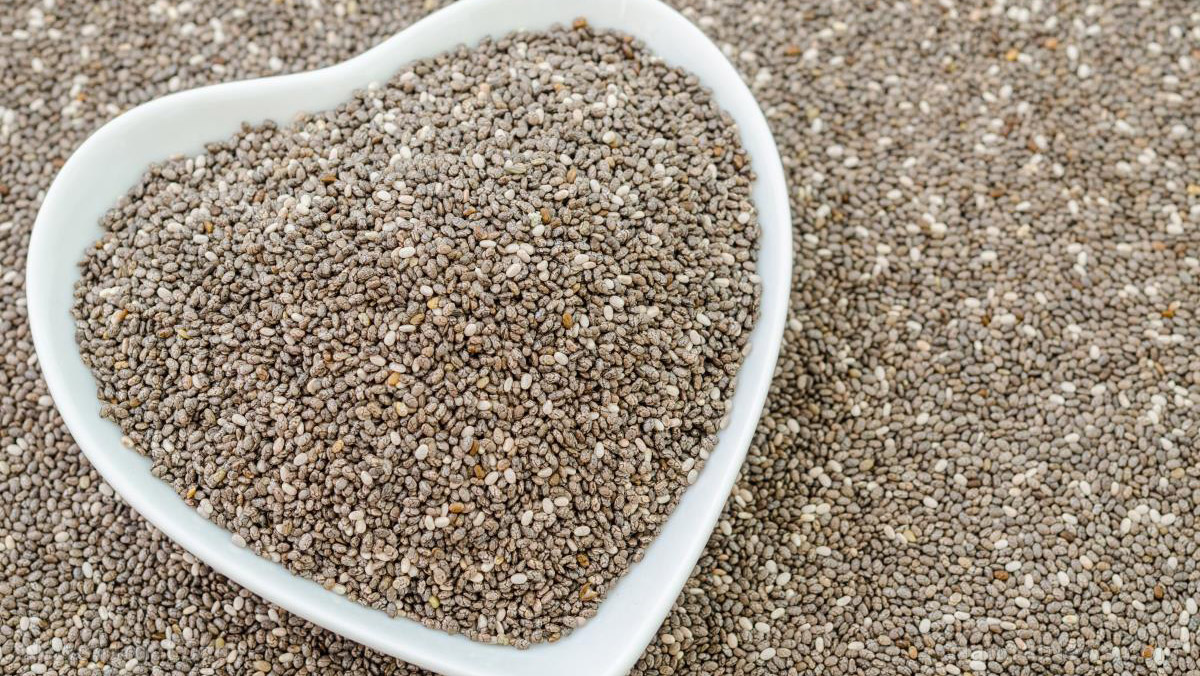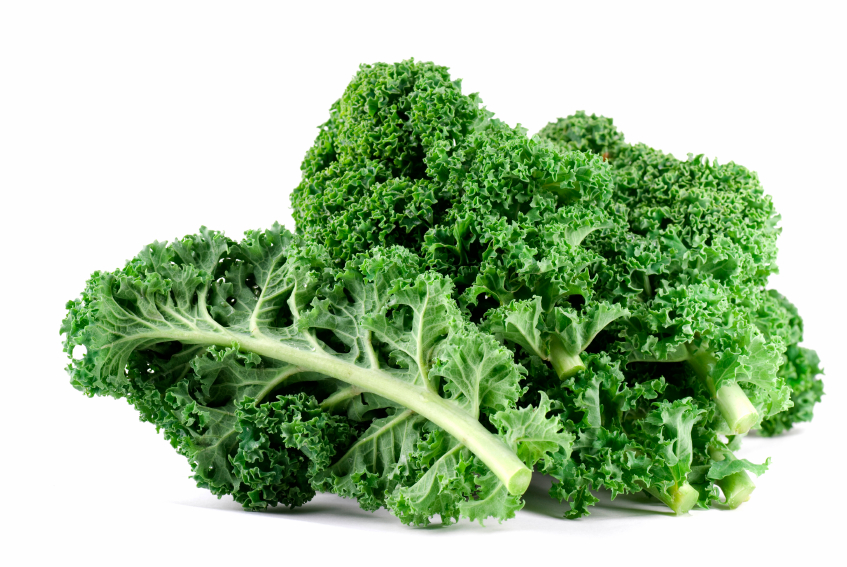Antioxidant-rich walnuts cut your risk of Type 2 diabetes by HALF
08/21/2018 / By Vicki Batts

Move over almonds, it’s time for a new nut to reign supreme: Walnuts. While every type of nut offers a bevy of nutritional benefits, walnuts are gaining recognition for their potential to slash the risk of type 2 diabetes. The antioxidant-rich nuts are easily recognized by their unique shape, which resembles the human brain. But as it turns out, these nuts are good for more than just your mind — they’re good for your whole body.
Walnuts, like other nuts, are a high-calorie food. While it is true that they should be consumed in moderation, that doesn’t mean you should avoid eating nuts entirely. Walnuts are an excellent source of good fats, vitamins, minerals and phytonutrients — and they’re a good source of protein and fiber, too. They’re also incredibly versatile: Whether you’re adding them to baked goods, breakfast, a salad or another dish, walnuts seem to make themselves at home on just about any plate.
Walnuts and type 2 diabetes
A recent study of 34,000 people found that doubling your consumption of walnuts can help cut the risk of type 2 diabetes almost in half. Researchers from the University of California at Los Angeles looked at the dietary intake of study participants who were between the ages of 18 and 85. Questions about their health status, including if they had been diagnosed with or were currently taking medication for diabetes were also completed. The team used data gathered by the National Health and Nutrition Examination Survey (NHANES).
Ultimately, the team found that people who consumed walnuts regularly had a dramatically lower incidence of Type 2 diabetes compared to those who didn’t eat walnuts. This association was seen across the board, regardless of gender, age, education, race, body-mass index (BMI) or physical activity level.
It looks like you don’t need to eat that many walnuts to reap their benefits, either. The average consumption of walnuts was just 1.5 tablespoons per day — and the researchers say that consuming just three tablespoons per day is all you need to really capitalize on the nuts’ diabetes-fighting benefits.
Dr. Lenore Arab, of the David Geffen School of Medicine at UCLA, commented on the findings, “These findings provide more evidence for food-based guidance to help reduce the risk for diabetes.”
“The strong connection we see in this study between walnut consumers and lower prevalence of type 2 diabetes is additional justification for including walnuts in the diet. Other research has shown that walnuts may also be beneficial for cognitive function and heart health,” she continued.
Other benefits of walnuts
Walnuts have many benefits to offer beyond the scope of diabetes. For example, walnuts have the highest antioxidant activity of any nut — thanks to high amounts of vitamin E, melatonin and an array of special plant compounds known as polyphenols. And if you’re looking for a vegetarian source of omega-3 fatty acids, look no further: The hearty walnut boasts the highest concentrations of omega-3 acids in the world of nuts, too.
Plant-based omega-3, called alpha-linolenic acid (ALA), is an essential nutrient that must come from your diet. Fortunately, just one serving of walnuts is all you need to meet the recommended daily intake.
Consuming walnuts regularly has also been shown to help reduce blood pressure, decrease cancer risk and improve blood lipid profiles. More, these beloved little nuts are known to help support weight control efforts.
What else can the walnut do for you? Research has shown that walnuts are great for promoting gut health and longevity. Not only do these nuts help support healthy aging, they are excellent for your brain. In people with Alzheimer’s disease, the brain-boosting benefits of walnuts are especially pronounced; studies show consuming these vital nuts can help reduce anxiety and improve cognitive function.
For more information about walnuts and other healthy foods, check out Food.news.
Sources for this article include:
Tagged Under: antioxidants, brain health, diabetes, food is medicine, grocery, healing food, mind body science, natural remedies, nutrition, phytonutrients, prevent diabetes, prevention, risk, Type 2 Diabetes, Walnuts




















